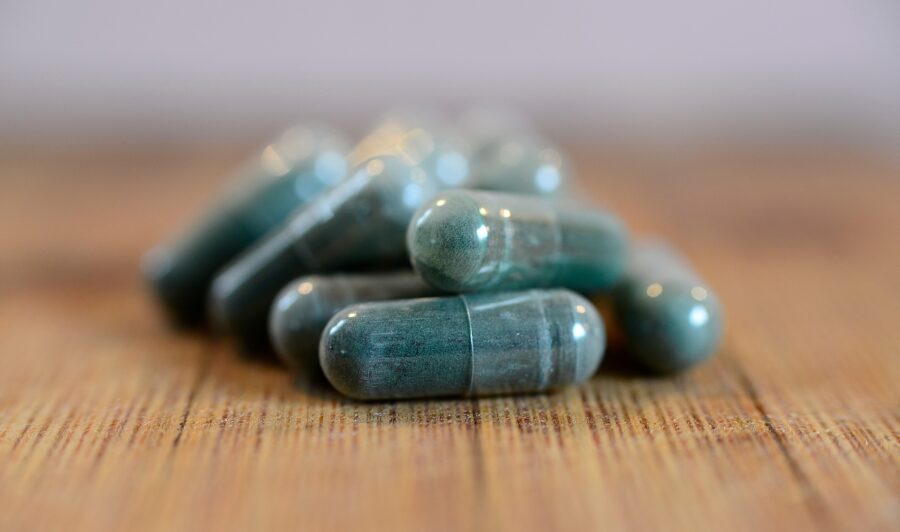Fluoride Could Save Us From Antibiotic Overuse
Scientists think they may have found a way to curb the out-of-control antibiotic use we've seen in recent years. Fluoride to the rescue.
This article is more than 2 years old

Fluoride has long been synonymous with toothpaste and brutal trips to the dentist at which they’d berate you for not brushing and flossing more. Anyone else with me there? But apparently, fluoride may end up saving us from something far worse than tooth decay and gingivitis. There are scientists right now working on using it as a way to ward off the looming threats of antibiotic-resistant bacteria.
Scientists are now beginning to use fluoride in an effort to curb some of the rather alarming side effects of humans completely overusing and proliferating antibiotics well beyond their original intended use. Chemical engineer Michelle O’Malley has been working on introducing fluoride as a way to limit antibiotic use for simpler efforts that might not require such a scientifically-heavy approach.
According to O’Malley in work she published in the journal Nature Communications, science has long used antibiotics to remove different unwanted bacteria in a variety of different endeavors. This goes well beyond the use of antibiotics to cure sicknesses and the like. It’s moved much more into areas outside of the original intent like the harvest of food (both plants and animals). And the consequences could be devastating if bacteria continues to adapt to be antibiotic resistant. If that’s the case then simple sicknesses could begin to become untreatable. This is where fluoride comes in.

O’Malley’s introduction of fluoride as a replacement for antibiotics in certain arenas could limit a number of different unintended consequences over the latter’s overuse. According to her, fluoride offers much of the same scientific and chemical advantages without anything close to the downside. For starters, fluoride is able to kill off certain unwanted microorganisms without having to create specific strains of antibiotics to deal with them. Where antibiotics were used in certain GMOs, fluoride could be a far less consequential replacement.
Additionally, fluoride is already found in various areas of the environment including soil, water and certain foods. In many areas, it’s added to the local water supply as a preventative measure. And of course, we have the teeth thing. That being said, not everyone agrees fluoride is harmless. Some have posited that continued exposure to fluoride in high doses can cause skeletal and thyroid issues.
And finally, using fluoride in the lab offers a certain level of safety around the prospect of different GMOs being accidentally released into the outer environment. There are a number of different world-altering issues with genetically modified strains entering the larger world. But if fluoride is the main component, it doesn’t come with anything close to the same level of risk.

In the case of fluoride as a preventative measure for antibiotic overuse, we might be discussing if the juice is worth the squeeze. While fluoride in and among itself isn’t likely totally harmless, there’s certainly an agreement that we’ve run relatively amok in our use of antibiotics in situations where it definitely isn’t needed. Even if we can curb that use by a certain percentage it is probably worth the effort.










